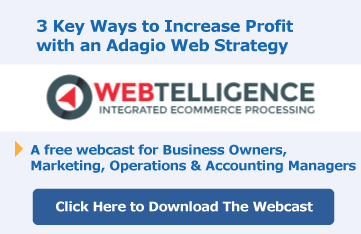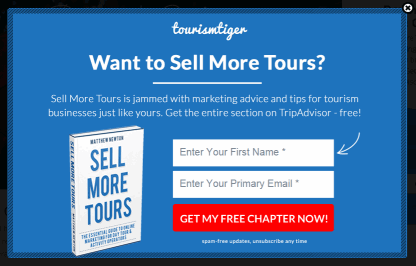 Even though the kids are back in school, it is still officially summer until September 20, so welcome to the third installment of Digital Marketing Summer School! In my last two blog posts in this series, I talked about Landing Pages and Calls To Action. Today, we are talking about a buzzword you may have heard lately: Content Marketing.
Even though the kids are back in school, it is still officially summer until September 20, so welcome to the third installment of Digital Marketing Summer School! In my last two blog posts in this series, I talked about Landing Pages and Calls To Action. Today, we are talking about a buzzword you may have heard lately: Content Marketing.
Content Marketing is defined by my buddies over at Lead Pages as…
“Any marketing effort that uses consumable, informational content to attract the interest of potential customers. Common content marketing assets include:
- white papers
- e-books
- infographics
- reports
- instructional videos
- and more…”
Why Is Content Marketing So Effective For Consulting and Service Businesses Like Yours?
You are proving you can solve their problems through your website’s content
If you are a consultant, you know stuff. You know A LOT of stuff. I’m willing to bet you know so much stuff that you’ve forgotten just how much stuff you know, because of all the stuff you know. Are you getting my point? This is what makes content marketing an easy and obvious choice as a marketing tool for you. Because proving your authority in your field is SO EASY!
Imagine for a minute that instead of being a consultant, you are a soap manufacturer trying to sell soap online. You can show pretty pictures of your soap on your website. You can write about how your soap is made. You can describe its scent. But there is very little you can say to prove that you REALLY know better than anyone else how to make the best soap. Fortunately, as a consultant, you don’t have this problem. In contrast to our soap guy, you have lots of material to work with. You have experiences to share, lessons you’ve learned, products you’ve worked with, problems you’ve solved, and knowledge you have simply absorbed through osmosis in your daily working life. Some call that knowledge “content”, and using your knowledge to promote yourself is called “content marketing”.
“Content Marketing means creating and sharing valuable free content to attract and convert prospects into customers, and customers into repeat buyers. The type of content you share is closely related to what you sell; in other words, you’re educating people so that they know, like, and trust you enough to do business with you.” – CopyBlogger.com
 Use Useful, Valuable Content on Your Website to Show Your Authority, Guide Your Buyer’s Journey, and Build Their Loyalty
Use Useful, Valuable Content on Your Website to Show Your Authority, Guide Your Buyer’s Journey, and Build Their Loyalty
You can’t claim authority. You have to demonstrate it. So how do you demonstrate to your audience that you are a top expert in your field? You share what you know. Frequently and freely. Here’s a bonus: In the process of demonstrating your authority, you are building loyalty through information-donation. And while you are demonstrating your authority, you are also facilitating your buyer’s journey; you are helping potential clients self-qualify, bringing them closer to switching over from prospect to client, and shortening your sales cycle.
In a 2011 survey, it was discovered that B2B (business to business) customers will make contact with a business only after independently completing 60% of their decision process. That 60% happens before they even identify themselves to you. Your valuable, authoritative content needs to keep you on top of the game during that first 60%, or you will never even get a chance to talk to your potential customer.
 Here’s a longer list of ways you can provide content on your website:
Here’s a longer list of ways you can provide content on your website:
- tips and tricks
- e-newsletters
- blogging
- ebooks
 eguides
eguides- white papers
- case studies
- product reviews
- promotion of other authorities’ content
- webcasts
- podcasts
- videos
- slide shows
- vendor comparisons
- detailed case studies
What do these tools all have in common? They are venues for you to give away valuable information for free (or better yet, in exchange for an email address…), while showing that you know a lot of stuff that will help them solve problems they truly care about solving. All while moving your prospect closer to becoming a customer.
Here’s a secret: that content doesn’t all need to come from you. You can be just as useful to your prospects by taking what already exists, and making it available in an inherently more useful format. The tech term for that is “curated content”. Just make sure you give credit where credit is due.
Does this seem daunting? It doesn’t have to be. Send me an email and I’ll send you some free tips on how to make your content marketing easier.
